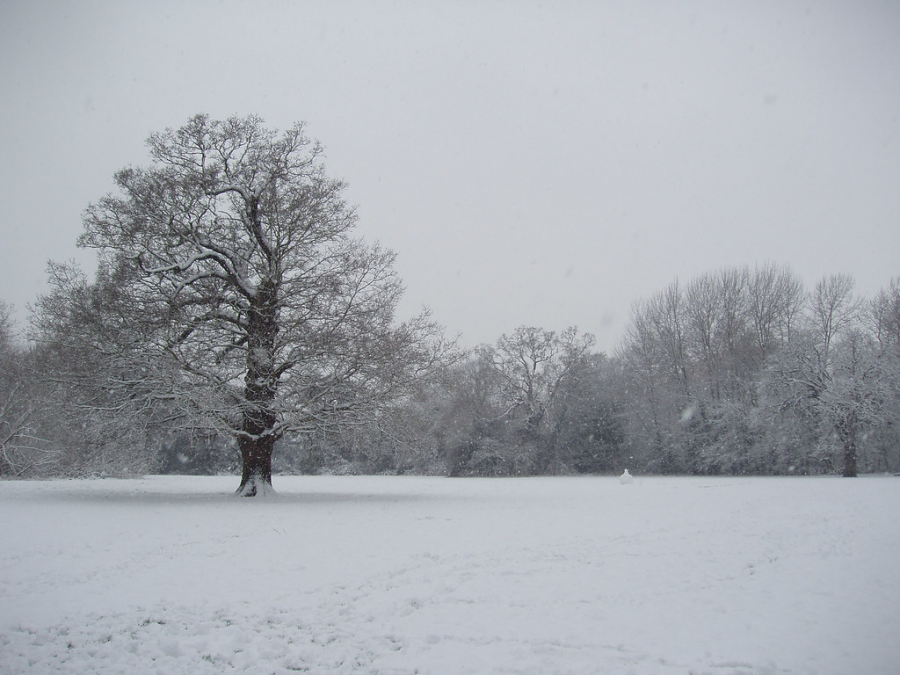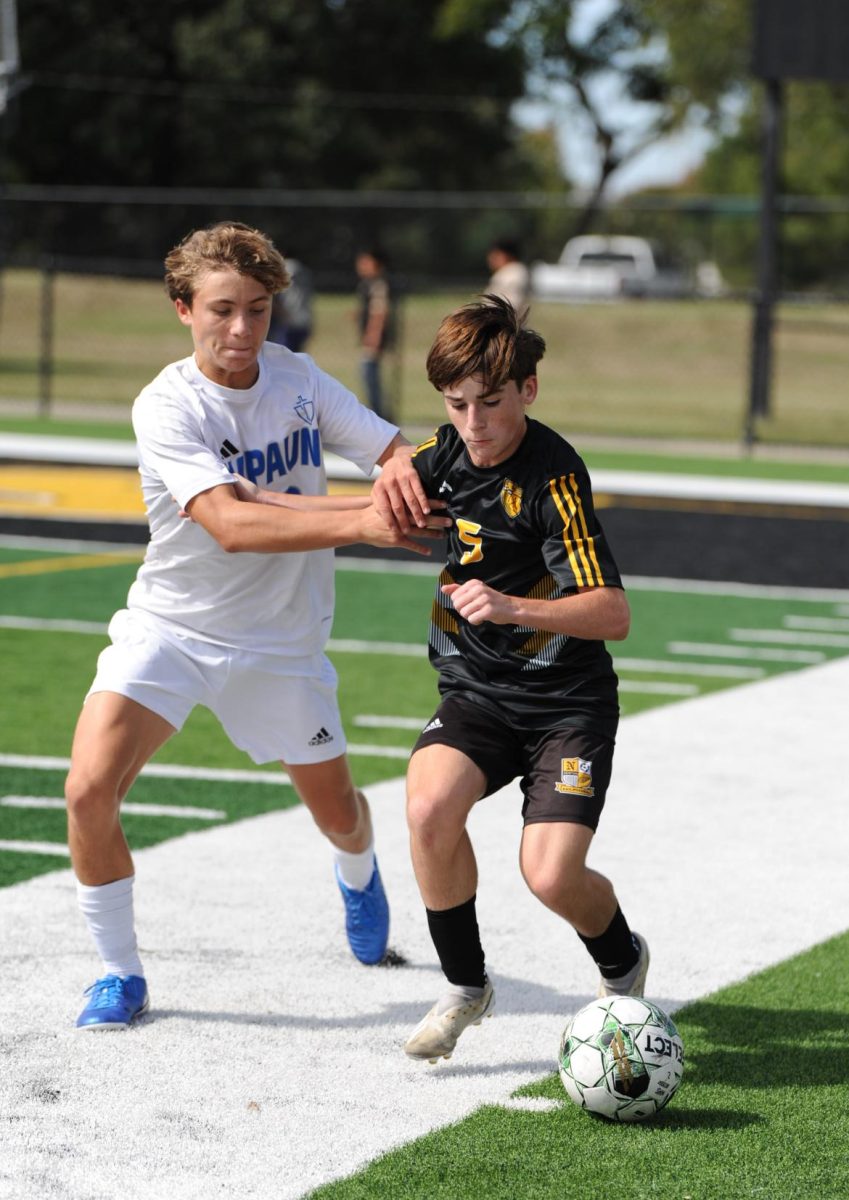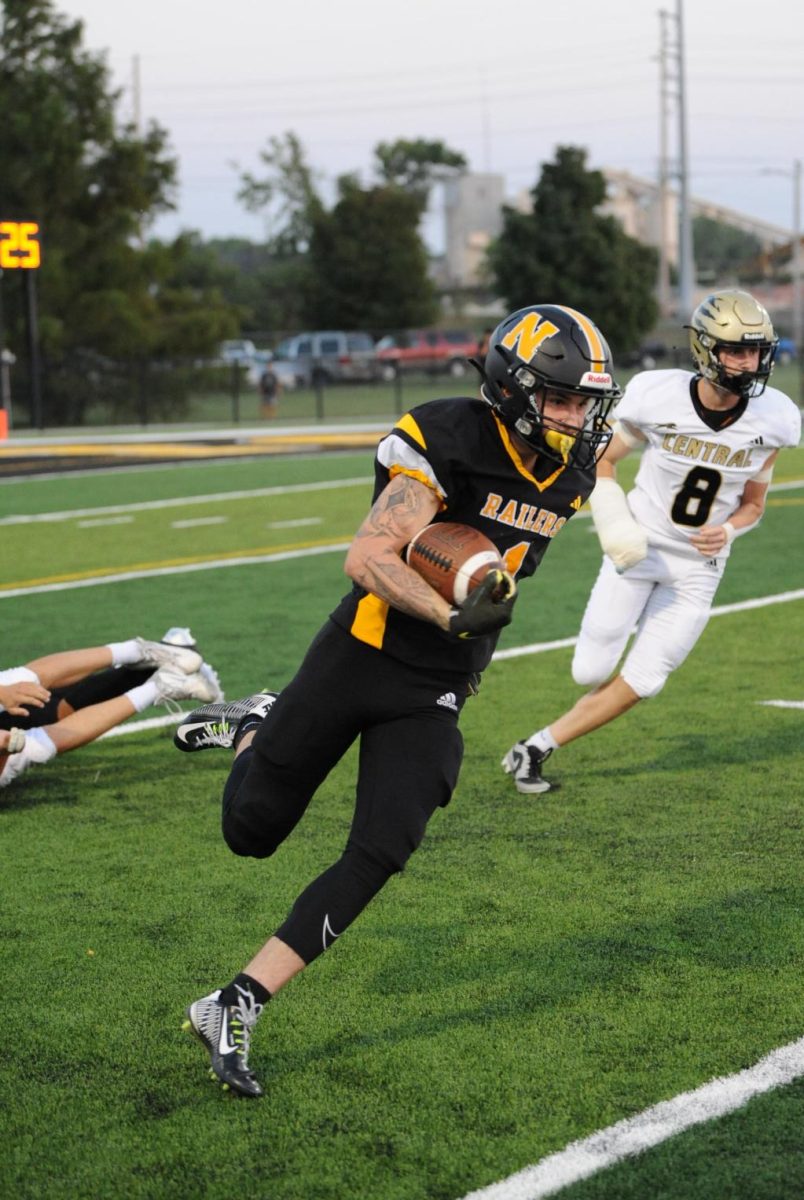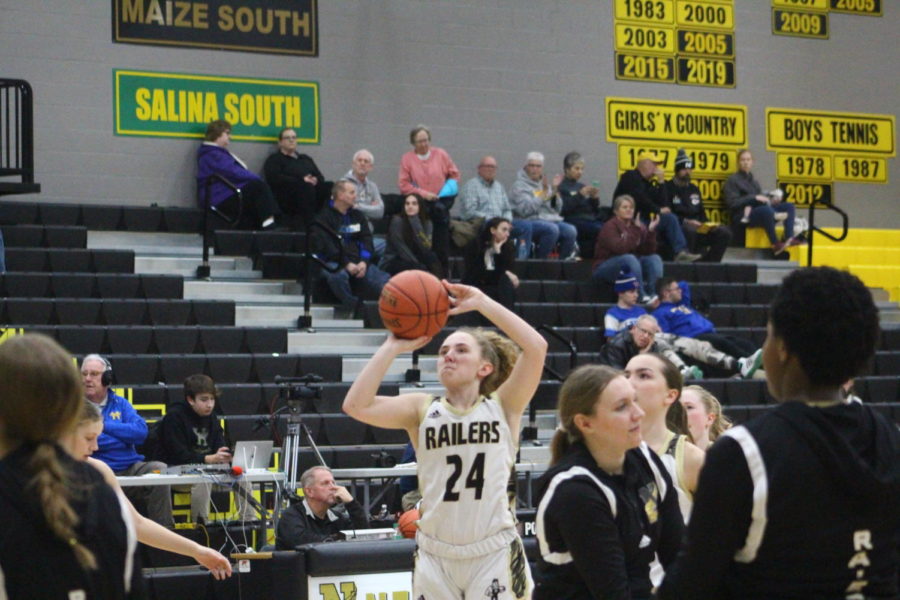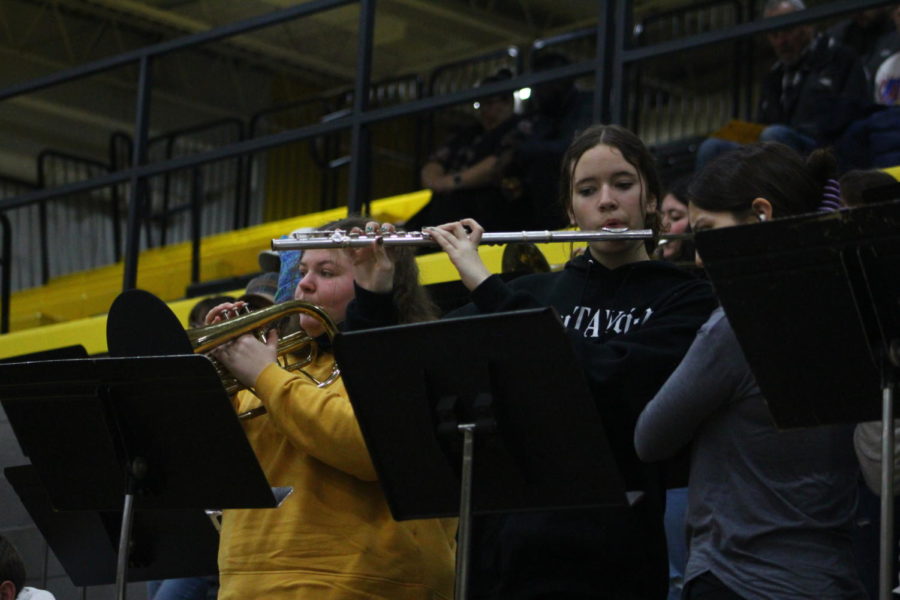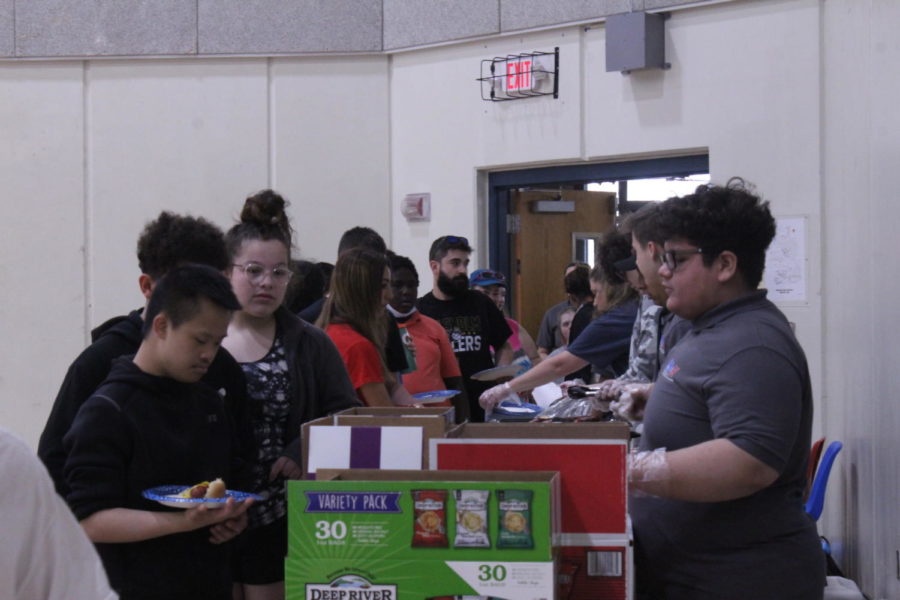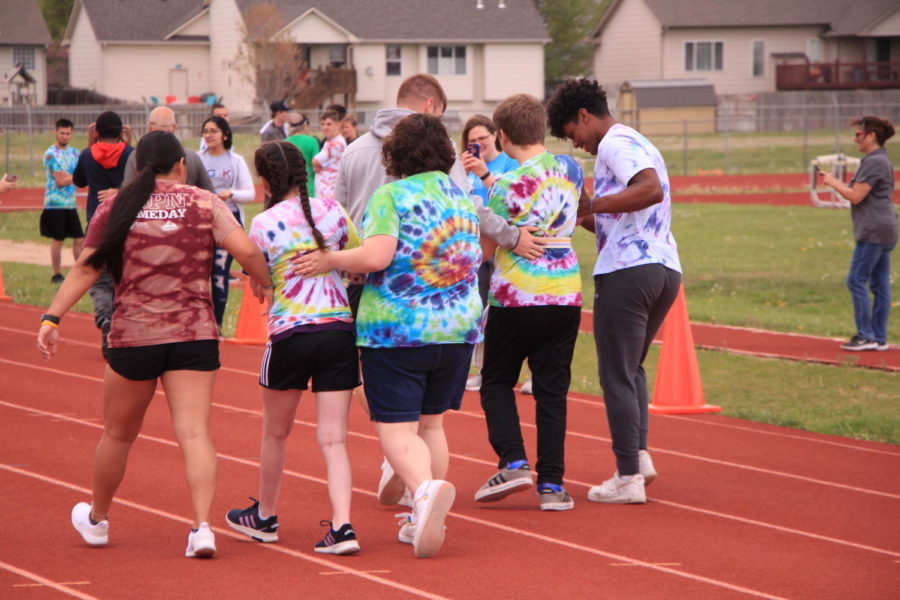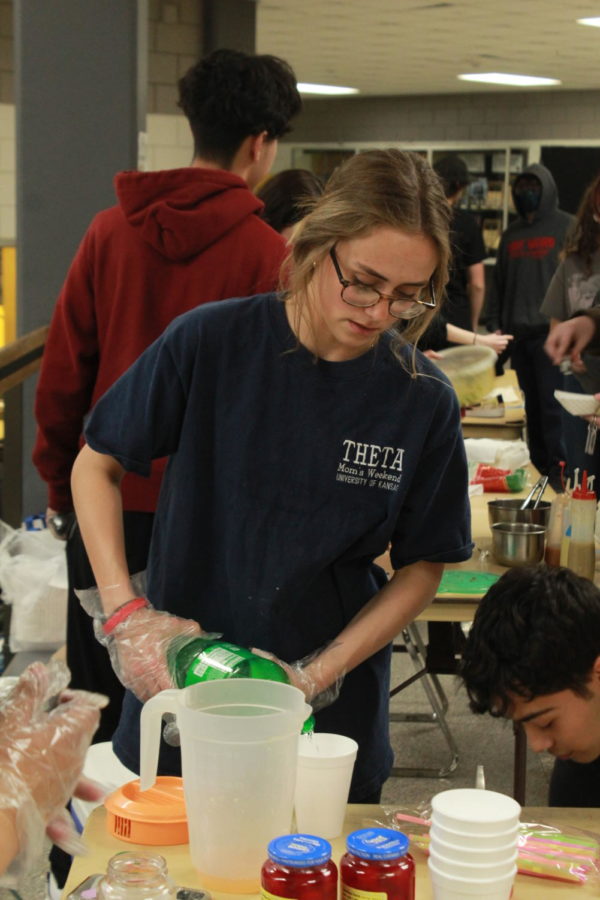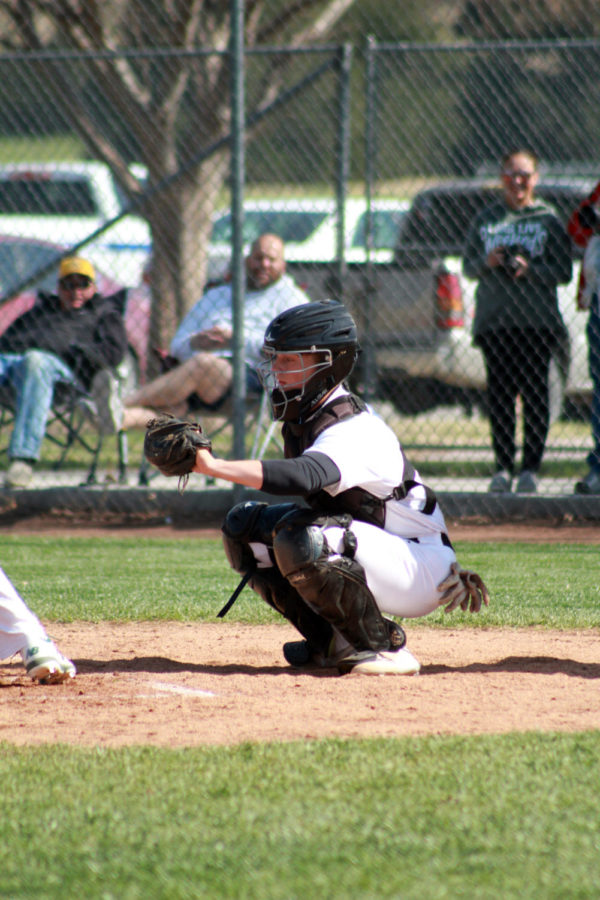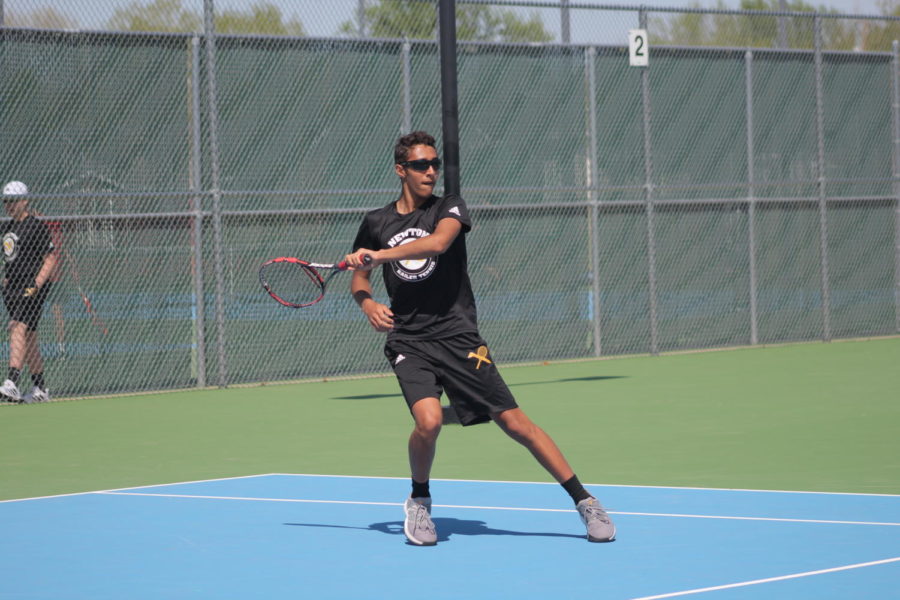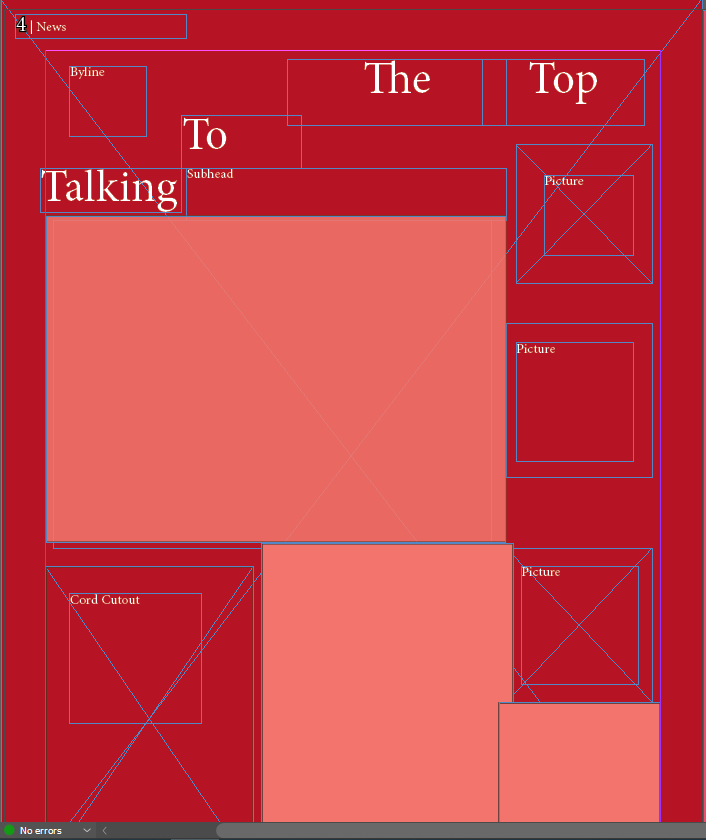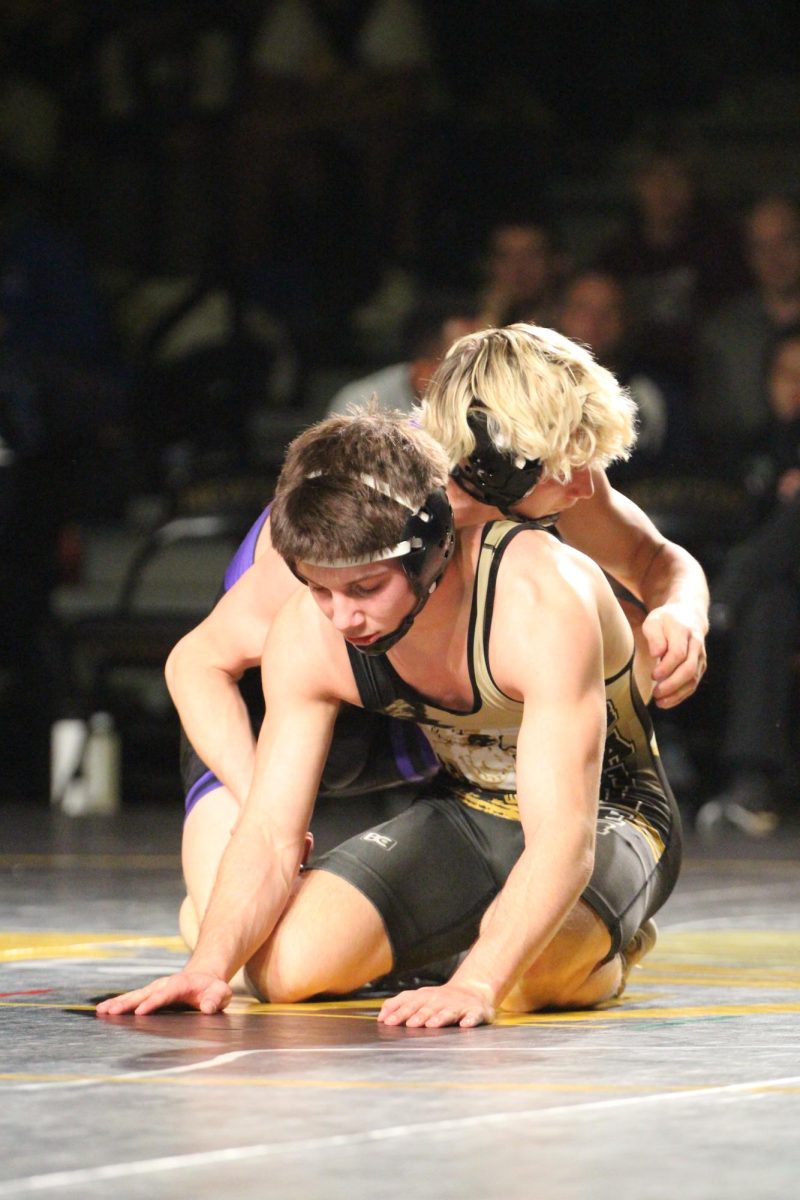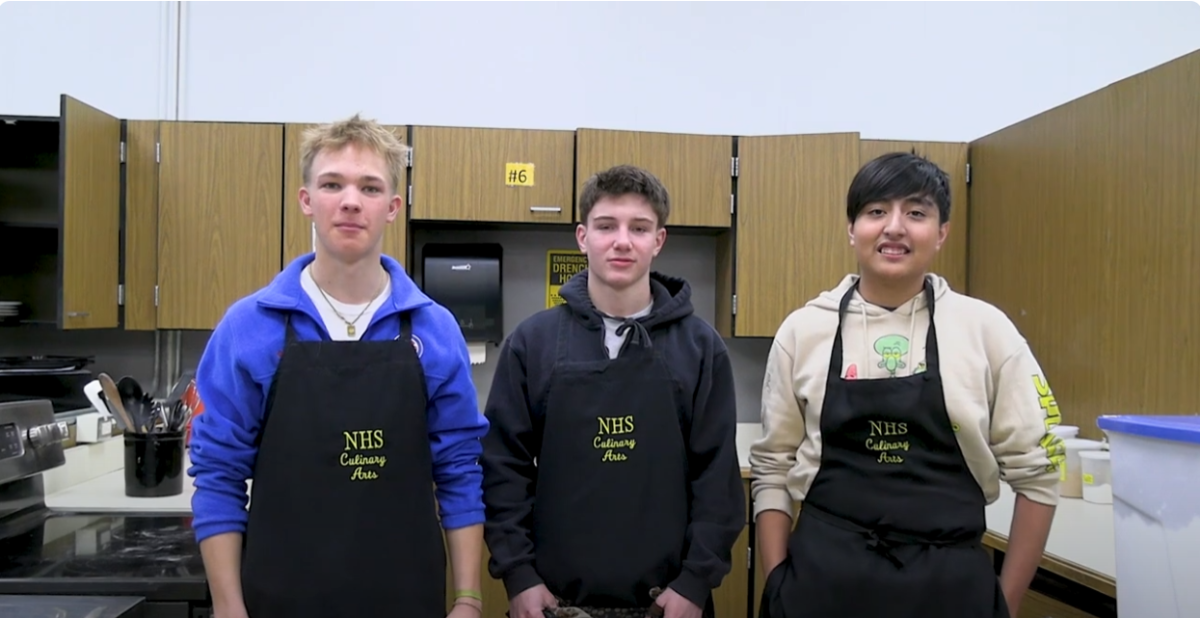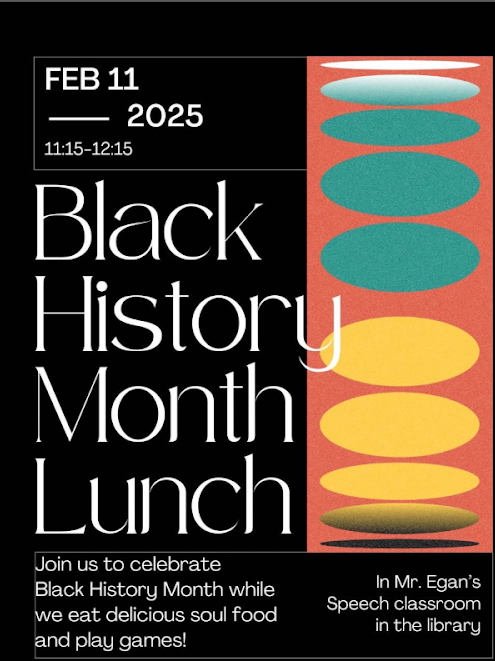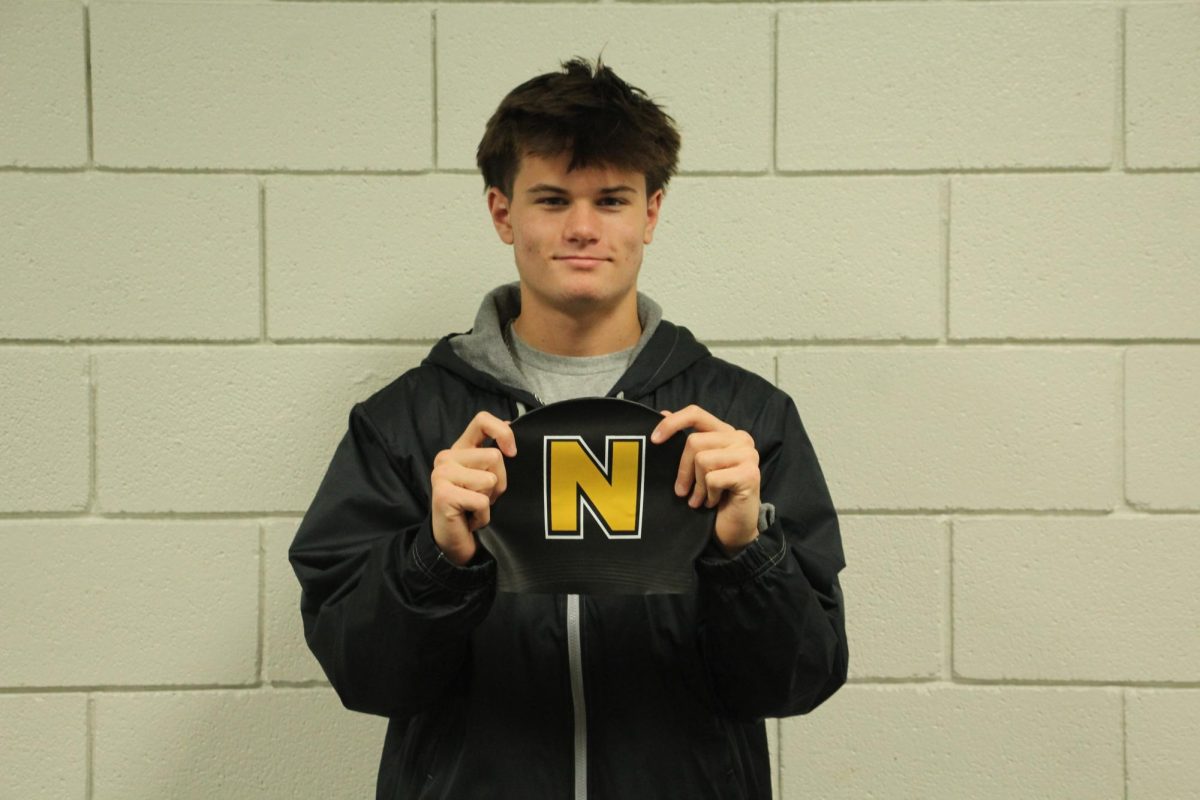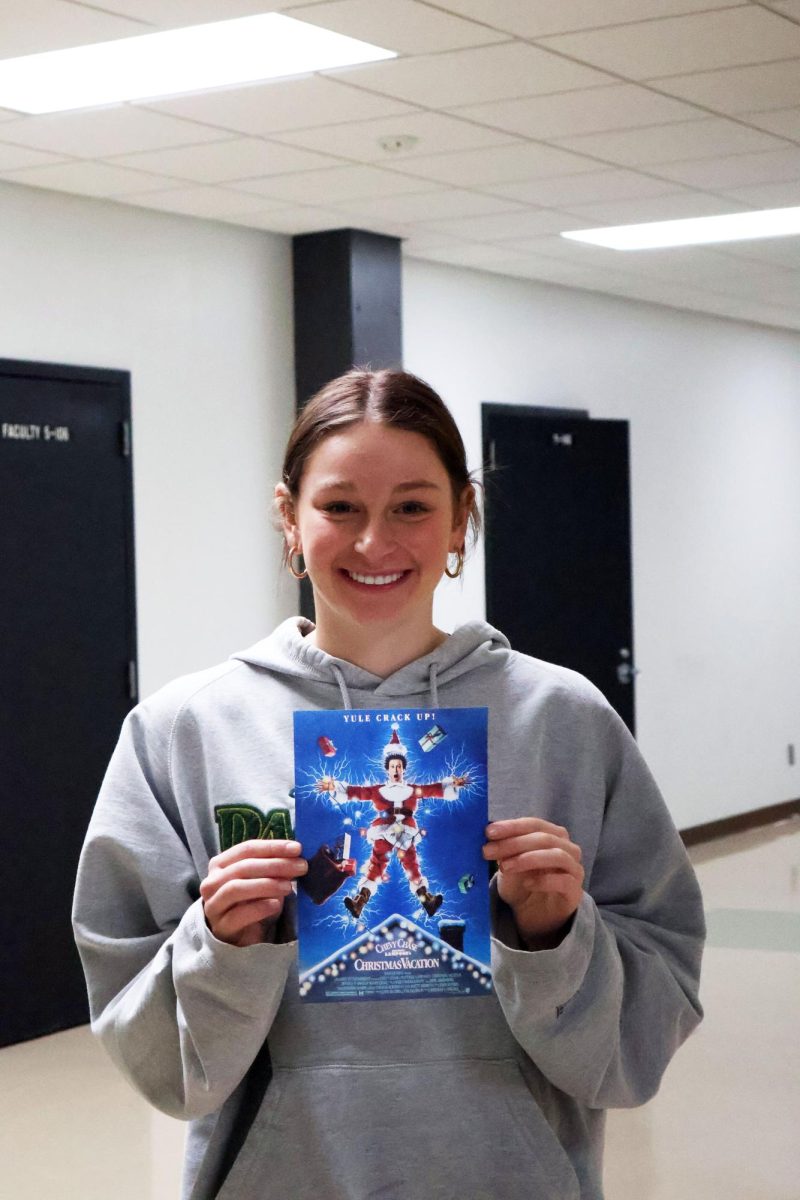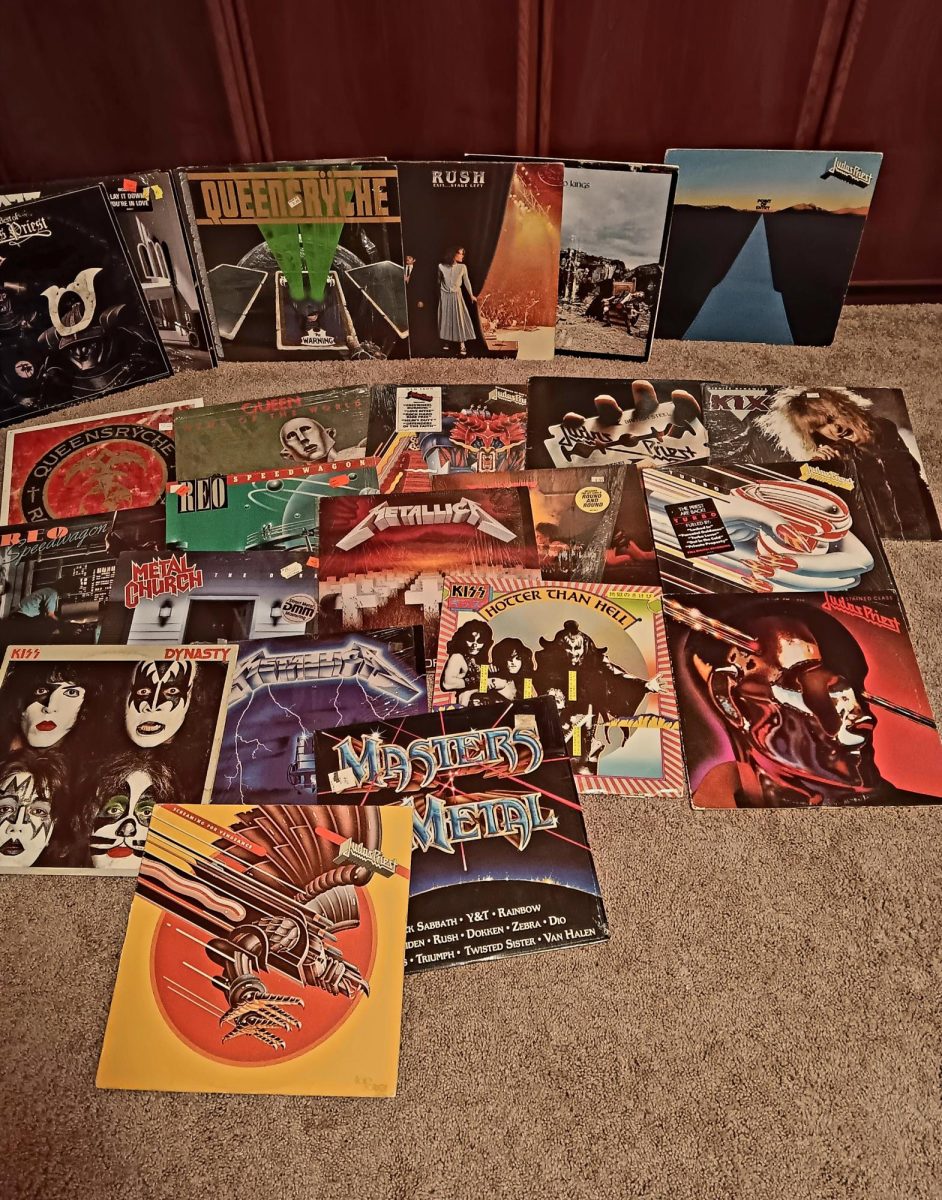Rolling blackouts and extreme temperatures
February 22, 2021
As extremely cold temperatures and snowstorms hit the week of Feb. 14, cities throughout the Midwest experienced rolling blackouts, some lasting three or more hours. According to Direct Energy, rolling blackouts are systemic, temporary power outages that help bring balance to the supply demand of electricity in the market.
On Feb. 16, over 100,000 Evergy customers in Kansas had no power, according to the company’s outage map. Electric companies like Evergy and Westar implemented the rolling blackouts on Feb. 15 hoping to avoid a larger-scale power outage.
After temperatures remained below freezing through Wednesday, Feb. 17, the record was broken for the longest number of consecutive sub-freezing days across central and eastern Kansas, including Newton, since December of 1989, according to the National Weather Service (NWS). Wichita had a record-breaking daily high of 4 degrees on Feb. 14, breaking the previous 85-year daily record from 1936.
The NWS wrote in their weather advisory that the hazardous conditions could impact the morning or evening commute and the dangerously cold wind chills could cause frostbite on exposed skin in as little as 10 minutes.
“I understand why this weather makes life a little more difficult for those who are experiencing the blackouts or heating issues, but I have always enjoyed the snow and cold weather is almost nostalgic,” senior Natalie Kuhn said. “This is the first time I have been able to drive in the weather and it has been great to learn.”
Winter driving can be extremely dangerous, especially if visibility is low and road conditions are bad. According to the National Highway Traffic Safety Administration (NHTSA), the key to driving safely in the snow is being smooth with the steering wheel, accelerator and brakes. Jerky movements with the wheel or controls can easily unstick the tires that grip the road, so gentle and gradual movements are the safest way to drive in inclement weather.
“Having cold temperatures like we have had really makes me thankful that I do not live in an area where cold weather like that is considered normal. My power went out for a really short period of time but it really did not affect me or my activities throughout the day,” sophomore Sarah Musser said. “It was really nice to get to see snow and have it stay around for a while though.”
A survey of 83 NHS students showed that 45% have never liked cold weather, 33% normally like it, and 22% had other responses. 66% of the students’ opinions on cold weather have not changed because of the subzero temperatures, but 26% have changed their minds after the record-breaking cold weather. Only four of the students surveyed experienced a loss of power at some point during the rolling blackouts, though two more said they knew family members who had lost power.
“The cold weather has made our house colder, but that is not necessarily a bad thing. Since the house is a bit chillier, everyone gets to be a bit more cozy and snuggled up when there isn’t anything to do,” freshman Erik Kaufman said. “I think the biggest thing I dislike about the cold is when it is so cold, everything becomes dry, then the wind will just bite into your skin instead of a nice chill.”

